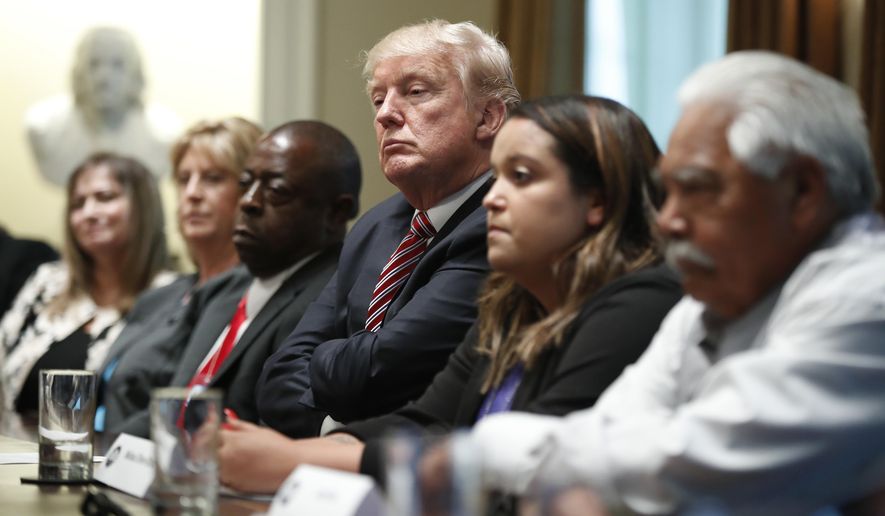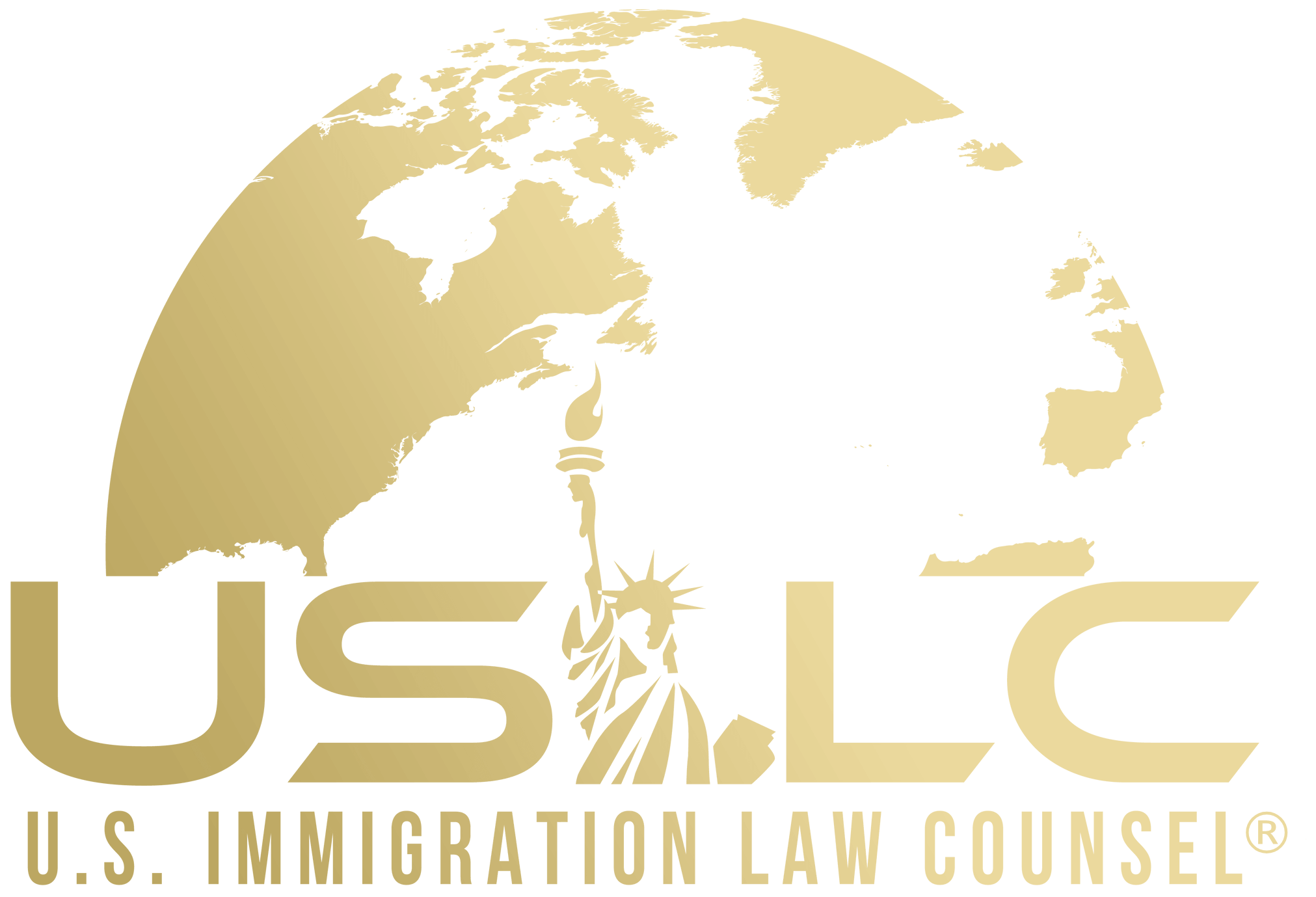Shelly Blanco stands in the dining room of the family home in Perry, Fla., on Friday, May 19, 2017. “We are ready for Rudy to come home,” said Blanco of her husband, seen with their daughter in the background, who is being detained by Immigration and Customs Enforcement officials in Wakulla, Fla. (Photo: Joe Rondone, The Tallahassee Democrat)

Shelly’s husband, Rudy Blanco, had arrived in the U.S. from Cuba at age 8 during the mass emigration known as the Mariel Boatlift. On the boat ride to freedom, the lights of Key West flickered in the distance.
The family now lives in Shelly’s hometown of Perry, Fla. She met Rudy while visiting the Keys and fell into a whirlwind romance, marrying in 1995. He was 22, and she was 20.
Cubans like the Blancos were given permanent residency, but Rudy’s parents never applied for citizenship for the family because of their fear of government, the result of living for years under communism.
When Rudy was 24, he made a mistake that would — 21 years later — fracture his family. Their daughter, Hannah, (they also have a younger son, Noah) was born prematurely at 28 weeks, and they faced the pressure of mounting medical bills. Looking for a “quick fix,” Rudy sold a gram of cocaine, his wife says.
“He was not a user,” Shelly says. “It’s a lesson he’s had to live with for 20 years.”
Before mandatory minimum sentencing became a law, Rudy’s arrest might have meant a decades-long stint behind bars. Instead, he received probation and was required to perform community service. His lawyer at the time assured him it wouldn’t affect his immigration status. When he applied for citizenship in 2004, he passed his test and a clerk reiterated his lawyer’s assurances, telling Rudy that the old transgression wouldn’t be a problem and to expect a letter with the date of his naturalization ceremony.
When the letter arrived, it announced his deportation instead.
“That moment felt like a death. I didn’t know when I was going to see him again.”
Shelly Blanco
Because relations with Cuba were still strained, immigration officials did not actually deport him, but they had him report in weekly at first, and then annually for the next 13 years. By his May 2016 check-in, the Obama administration had reopened relations with Cuba, making deportations possible. Then, the Trump administration came to power, promising to increase immigration enforcement.
On May 9, Shelly and Rudy, who had spent only five days apart during their marriage, stopped at the U.S. Immigration and Customs Enforcement facility in Tallahassee, expecting a perfunctory appointment. She watched helplessly as he was taken to the other side of a glass wall. “I watched Rudy completely deflate, and I knew it was happening — they were detaining him,” she says. “That moment felt like a death. I didn’t know when I was going to see him again.”
She sees him now via video connection at the Wakulla, Fla., jail, where he was being held in July awaiting deportation.
Rudy owns a home remodeling company and usually works outdoors all day, so being confined and separated from his family has been depressing, Shelly says. He passes the time teaching others how to speak English, starting with “y’all.”
Shelly is now pressing for a pardon on the drug conviction, asylum for her husband and a stop to the deportation.
An online fundraising effort is helping pay legal bills and includes comments from community members about the contributions Blanco has made to their town and his adopted country, including the fact that daughter Hannah serves in the U.S. Coast Guard.
Shelly, who was born in the U.S., will move with him to Cuba if he is deported.
“He’s my soul mate. He’s my breath,” she says. But she is scared he’ll be treated harshly because he’s still considered a “maggot” for leaving, she adds.
Immigration law has failed when it allows a child into the country and then doesn’t encourage his family to apply for citizenship, she says.
“If we allow them to come in, don’t set them up for failure,” she adds.
During Trump’s campaign, he talked of tossing violent criminals out of the country and evaluating undocumented people “case by case,” she notes, not deporting someone who has done so much.





